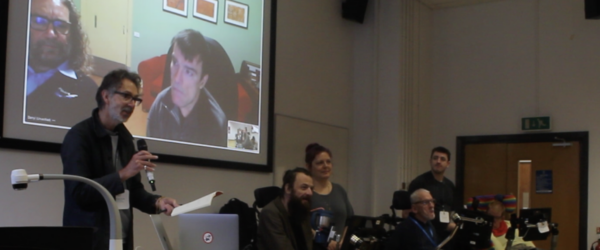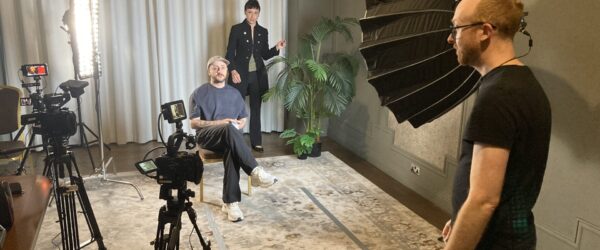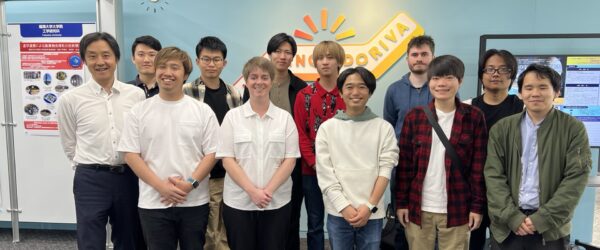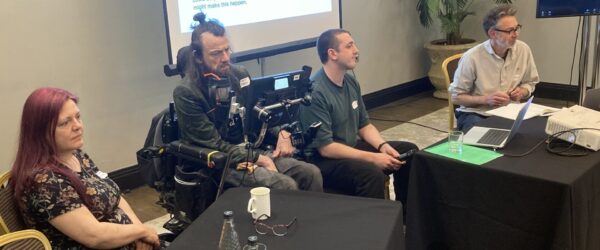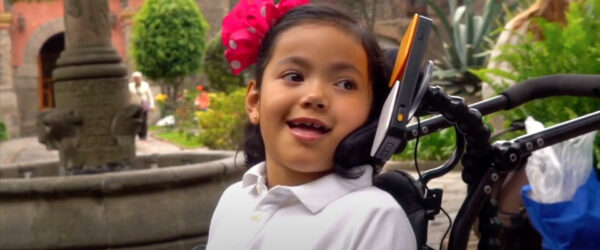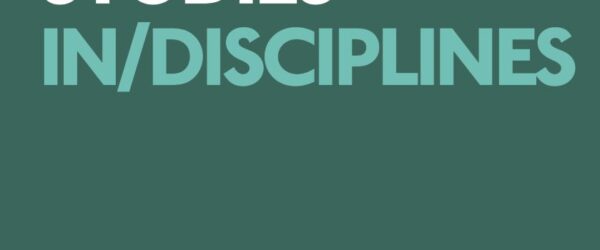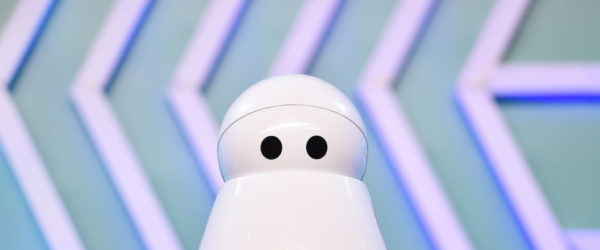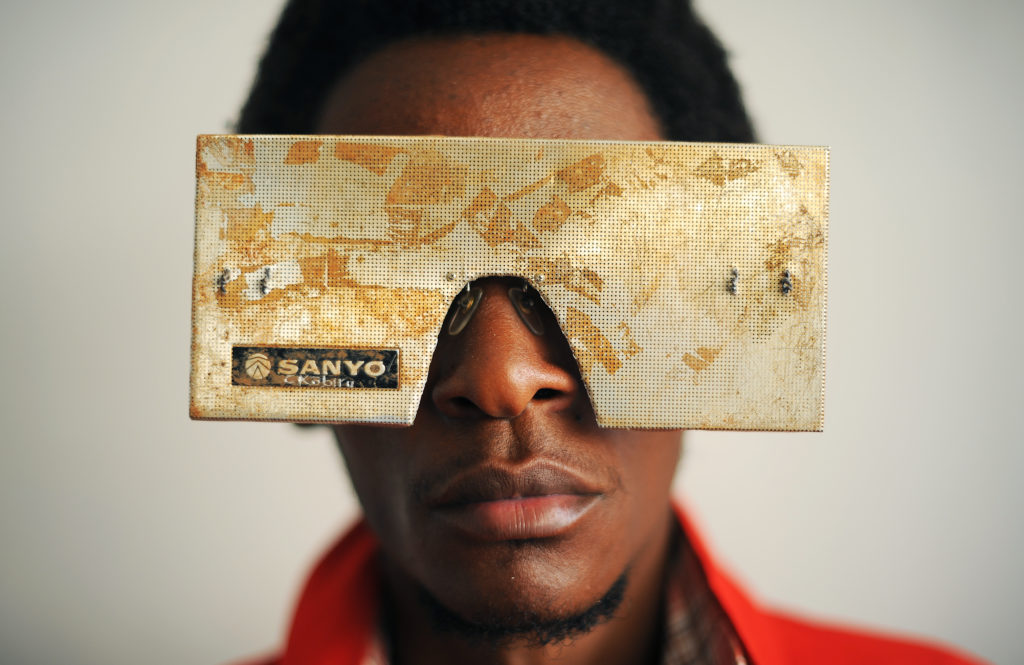
A Wellcome Trust funded collaboration investigating connections between disability, culture, design and technology.
Feature image: Cyrus Kabiru, C-Stunners. 2012. Further information at artbaseafrica.org/project/c-stunners [CARL DE SOUZA/AFP via Getty Images]
About the project
We often hear stories of how technology is going to change our health futures. Developments in assistive technology – from prosthetic limbs and exoskeletons that can aid in recovery from physical injury, to smart drugs that will help preserve memory in old age, and companion robots that will serve as carers – promise huge benefits to improved health.
itDf asks what ideas of body and personhood are at stake in these processes. How are hopes and fears about our bodies and minds expressed in the ideas we create, the stories we tell ourselves, and the products we design, when we imagine our interactions with technology?
The project is the first to combine expertise in arts and humanities, design, robotics and users of assistive technologies to increase understanding of how disability and embodiment are currently represented and used, and the ways in which technology can enhance lives in the future. It brings together researchers in Literary and Cultural Studies and Mechanical Engineering at the University of Leeds, Philosophy at the University of Exeter, Disability Design at the University of Dundee, and Robotics at the University of Sheffield. It aims to develop new work not only in these disciplines, but also in the broad interdisciplinary area of Medical Humanities. Read more >>
About our research
Because it is a collaborative project, itDf has always been conceived as much as an exercise in working methodologies as research that focuses on specific subjects. We want to ask many questions over the period of our work, and these include explorations of how the team, coming from different disciplinary backgrounds, works together and how we share and how we share and learn from the perspectives of others. Inter-, cross- and multi-disciplinary are common terms in contemporary research, but their use can mask the actual details of what happens when different approaches meet. Terminology can appear enabling and practice often involves the excitement that inevitably comes with shared intellectual spaces (the literary studies scholar in a robotics lab, the product designer in a philosophy workshop), but just because these occasions are made to happen doesn’t mean they will always work as participants would want to. Read more >>

